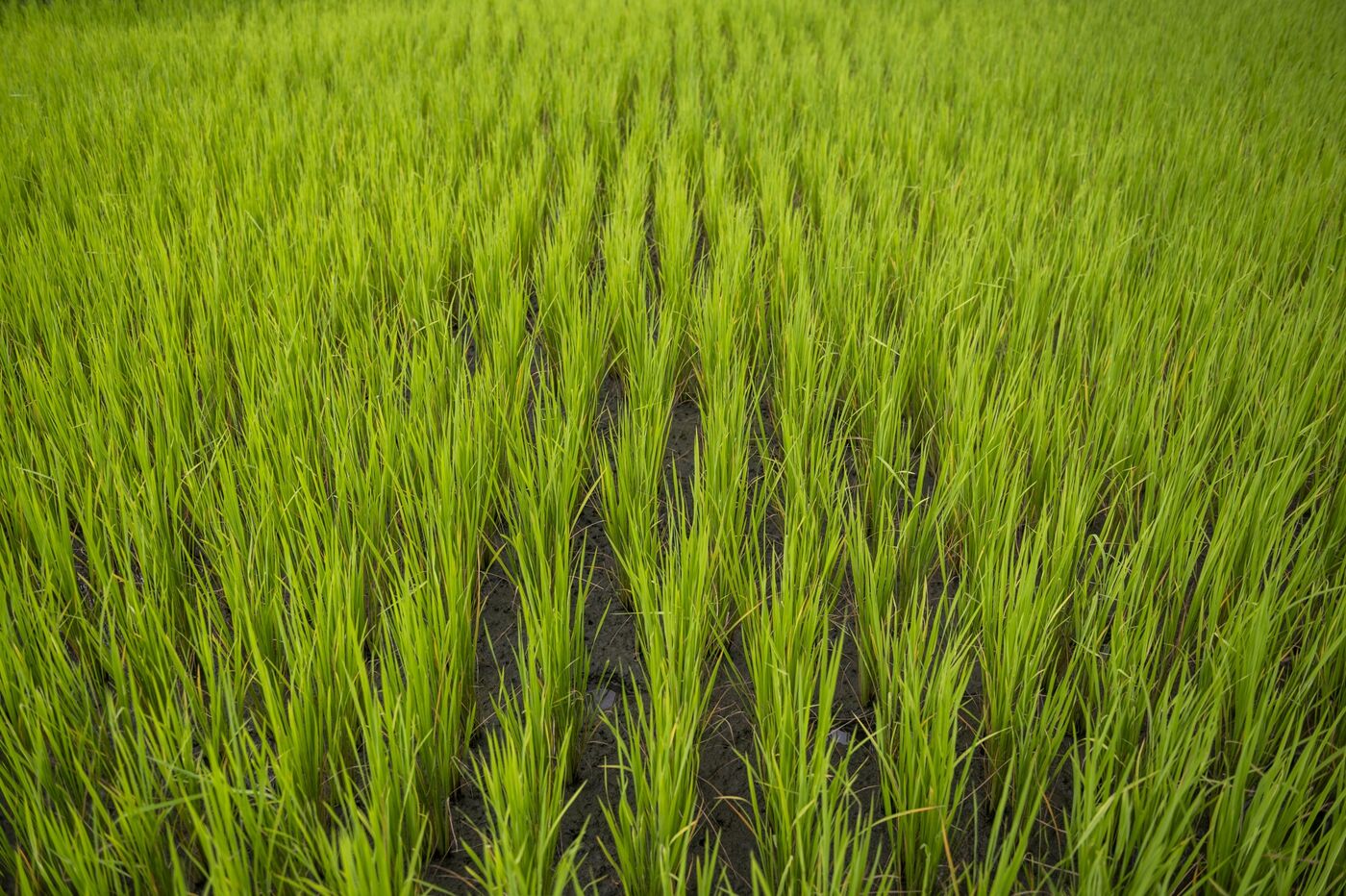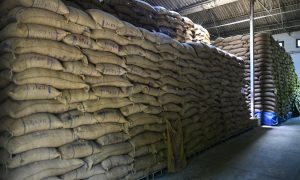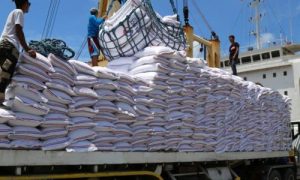Federation of Seed Industry of India urges Punjab government to reconsider its ban on hybrid rice

The Federation of Seed Industry of India has urged Punjab to lift its ban on hybrid rice, citing higher yields, water efficiency, and increased farmer income. The state banned hybrids like Pusa-44 over groundwater concerns and milling issues. The federation argues hybrids offer 20% more productivity and has approached state leaders, the Centre, and the High Court to contest the decision.
Bathinda: The Federation of Seed Industry of India has urged the Punjab govt to reconsider its decision to ban hybrid rice, stating that it provides farmers with an additional income of Rs 8,000 to Rs 10,000 per acre and consumes less water. The federation has approached the authorities in Punjab and the Aam Aadmi Party supremo, urging them to reconsider the ban on hybrid rice cultivation in the state. Representatives from the federation have met Punjab agriculture minister Gurmeet Singh Khudian and Aam Aadmi Party Punjab president and minister Aman Arora, requesting them to persuade the state govt to reconsider the decision.
The federation has countered claims that hybrid rice yields more broken rice and consumes more water, asserting that the yield is higher, the broken rice is comparable to other varieties, and hybrid seeds consume less water, benefiting farmers financially and conserving water. On April 7, the Punjab agriculture department banned the cultivation of Pusa-44 and hybrid varieties for the upcoming paddy transplantation season to safeguard the depleting groundwater table and tackle environmental pollution. Paddy, including basmati, is transplanted in nearly 32 lakh hectares in Punjab, with hybrid varieties accounting for only 5-6% of the total area under paddy, according to Punjab Agriculture University.
The ban is reportedly driven by demands from rice millers, who claim they are not receiving the required 67% head rice from hybrid varieties, as more broken rice is produced. Out of 67 kg of rice to be delivered to FCI after custom milling, 25% broken is allowed, but in these varieties, it exceeds 35% after milling. There is also an issue of chalkiness due to incomplete starch and protein accumulation. Savannah Seeds MD and CEO Ajai Rana, who is also the chairman of the Federation of Seed Industry of India, stated that the claims made by rice millers about more broken rice from hybrid varieties are incorrect. “It is a proven fact that hybrid rice yields 5 to 6 quintals more per acre for farmers. Hybrids use less water and fertilisers and provide higher production,” he claimed.
“Hybrid crops have an average productivity of 8.5-9 metric tonnes per hectare, with nearly 20% water savings. Farmers earn up to Rs 10,000 more compared to PAU varieties. Hybrid rice is a proven technology, delivering 15-20% higher yields over traditional varieties, translating to an incremental income opportunity of Rs 8,000 to Rs 10,000 per acre for Punjab rice farmers. With a shorter crop cycle of 120-125 days (seed to grain), hybrid rice saves 20-25% groundwater and reduces greenhouse gas emissions. In neighbouring Haryana, nearly 35% of the rice area is under hybrid rice, whereas Punjab has only 5%. The USA has 70% and China has 50% of their rice area under hybrid rice, with average productivity of 9 and 7.5 metric tonnes per hectare, respectively,” said a statement released by the federation.
The Federation of Seed Industry has also approached the Union agriculture ministry, and is hopeful that the Union govt will issue an advisory to state govts. The federation also stated that they had approached the Punjab and Haryana high court against a similar order by the Punjab govt in 2019. The matter is still pending in the court, as the hearing is fixed for later this month, where they challenged the authority of the state govt regarding banning hybrid varieties.
To Read more about Rice News continue reading Agriinsite.com
Source : The Times Of India















